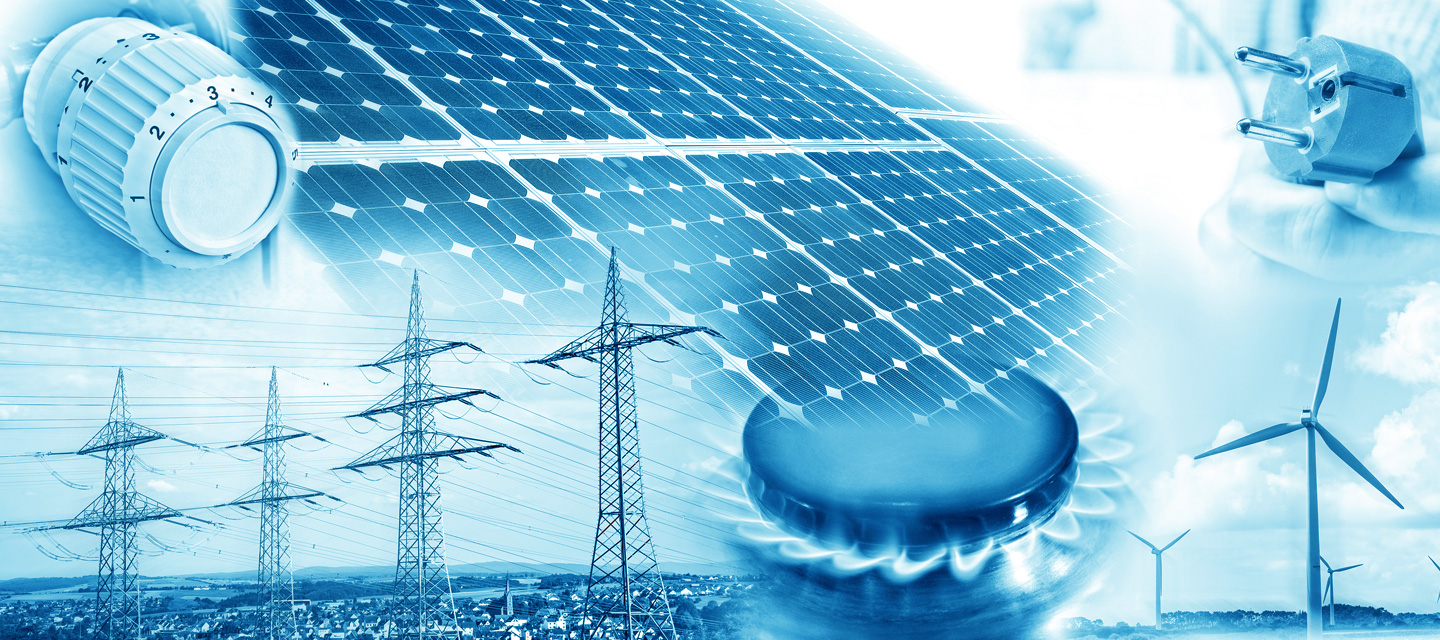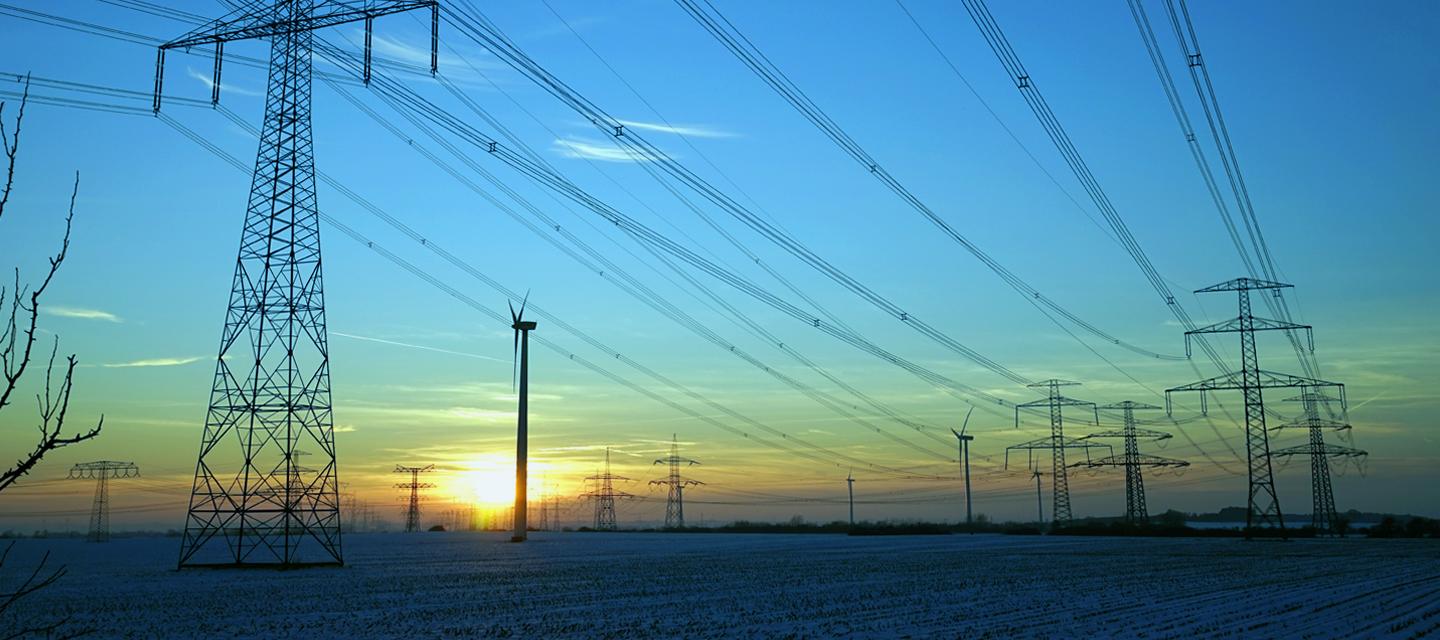The energy system of the future will be decentralized and interconnected in order to guarantee a secure and affordable energy supply even with increasing complexity and dynamics.
The challenge of energy systems transition
The rapid expansion of decentralised energy conversion units in the context of the energy transition as well as the increasing spread of e-mobility constitute enormous challenges for the energy supply infrastructure. The change from central supply structures to decentralised networking of fluctuating production and dynamic consumption requires an intelligent orchestration in order to maintain the stability and efficiency of the overall system.
Automation of power distribution grids
The increasing dynamics and decentralization of the electrical energy supply leads to a higher demand for distributed automation concepts for the active control of all energy components in the power distribution grid. The aim is to maintain a high level of supply security and to minimize the costs for power grid reinforcement. The development of these concepts and the simulation of the energy distribution grids are the subject of work in the department Water & Energy.

Cellular energy system and sector coupling
The transformation of the energy supply is not limited to the electricity grids, but must be viewed holistically, including the heat and gas sectors as well as transport and industry. For this purpose, the concept of the cellular energy system has been established as a new interdisciplinary system model. An energy cell consists of the infrastructure for different forms of energy, in which the balancing of generation and consumption is organised by an energy management system in coordination with neighbouring cells across all existing forms of energy. The Water & Energy department is dedicated to cross-sector coupling through the development and application of IoT technologies and online simulation.




